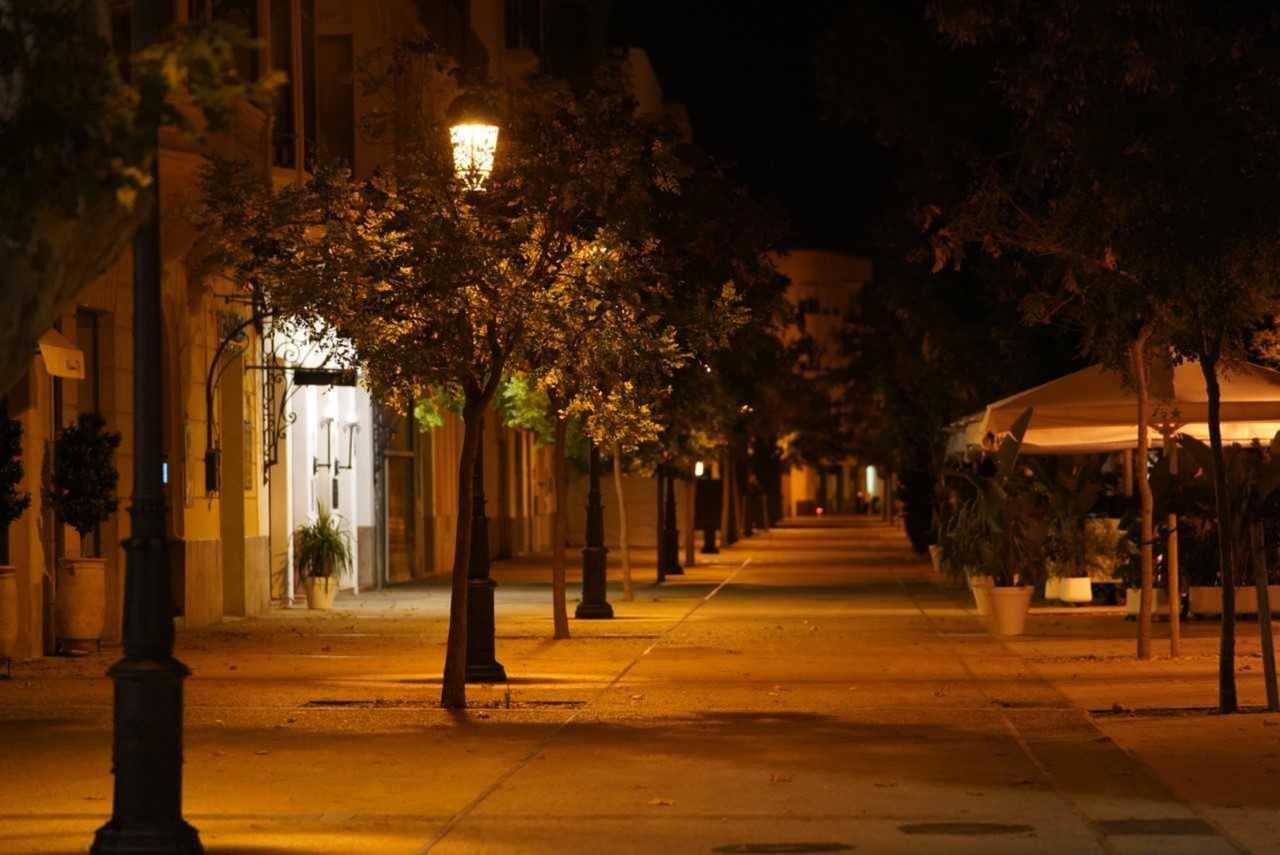Slightly more than a year after the pandemic started, all political parties, with one notable exception (Vox), had finally come round to the idea that a pact between them all might offer greater salvation than constantly going for each other's throats. What was this pact all about? How long will it last? The gathering having broken up, and Biel Company of the Partido Popular was admonishing Francina Armengol and Pedro Sánchez for not having sorted out a vaccination programme that gave rather greater priority to the Balearics in order to save the season. So, it probably won't last.
The state of alarm will be over - or ...
The saving of the season was now becoming an even more urgent issue than it had been when worrying about the potential coronavirus incidence impact of thousands of German tourists turning up in Mallorca over Easter. This was because Pedro Sánchez announced that the state of alarm will definitely be ending on May 9 (definitely, unless the government changes its mind).
In certain respects - quite major ones in fact - an end to the state of alarm was beneficial to tourism. Curfews and perimeter closures aren't exactly conducive to tourism, but from May 9 they will be gone. Confronted by the knowledge of such a scenario, the Balearic government immediately concerned itself with finding ways of bringing them back - always with the "if absolutely necessary" proviso.
A great week for vaccination
The national ministry of health did its bit for saving the season by seeing the folly of its ways when it came to the wearing of masks on beaches. No, they wouldn't have to be worn at all times, and besides the vaccination programme was moving at ever greater pace. Carolina Darias, the health minister, observed that the week before last had been a "great" one for vaccination.
More than two million doses had been administered, and the minister was confidently predicting even greater weeks as she observed boxes of AstraZeneca being wheeled around a Valencia storage facility. Unfortunately, the storage might now be rather longer than had been anticipated. The ministry had to decide what to do with all the vaccines, the decision having been taken on Wednesday to suspend AstraZeneca for the under-60s.
The bogus test certificates scandal
Scandal emerged in Santanyi. A German TV report exposed a doctor at a medical centre who was apparently handing out negative PCR certificates to German tourists without actually giving them tests. The reporter, Sascha Winkel, came back to the island to give the police a statement, as an investigation was launched. What was the greater alleged scandal, though? Not having performed tests or having charged 80 euros for not having performed them? For that amount, the least you would expect is to have something shoved up your nose.
Breaking off relations in Cala Ratjada
Extraordinary goings-on in Cala Ratjada. Capdepera town hall announced that it was breaking off relations with the Guardia Civil, the mayor - Rafel Fernández - having taken great issue with the Guardia's "strange way of acting". This followed an assault on two Capdepera police officers by members of a gypsy clan resident in Cala Ratjada. The town hall and the local police couldn't understand why the Guardia hadn't detained anyone and why, in the mayor's view, there was a negotiation with the clan "as to how and when they have to surrender".
A breakdown in relations with the Guardia was seemingly not the only one. Citing other engagements, the mayor declined an invitation from the national government delegate - who has responsibility for the state security forces - to attend a meeting which had been called at "express" pace to discuss the affair.


No comments
To be able to write a comment, you have to be registered and logged in
Currently there are no comments.